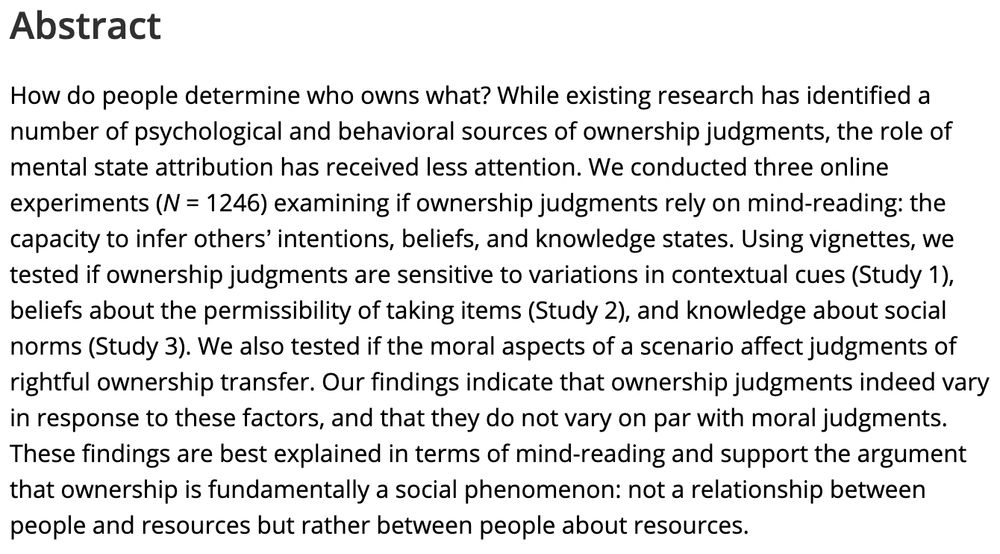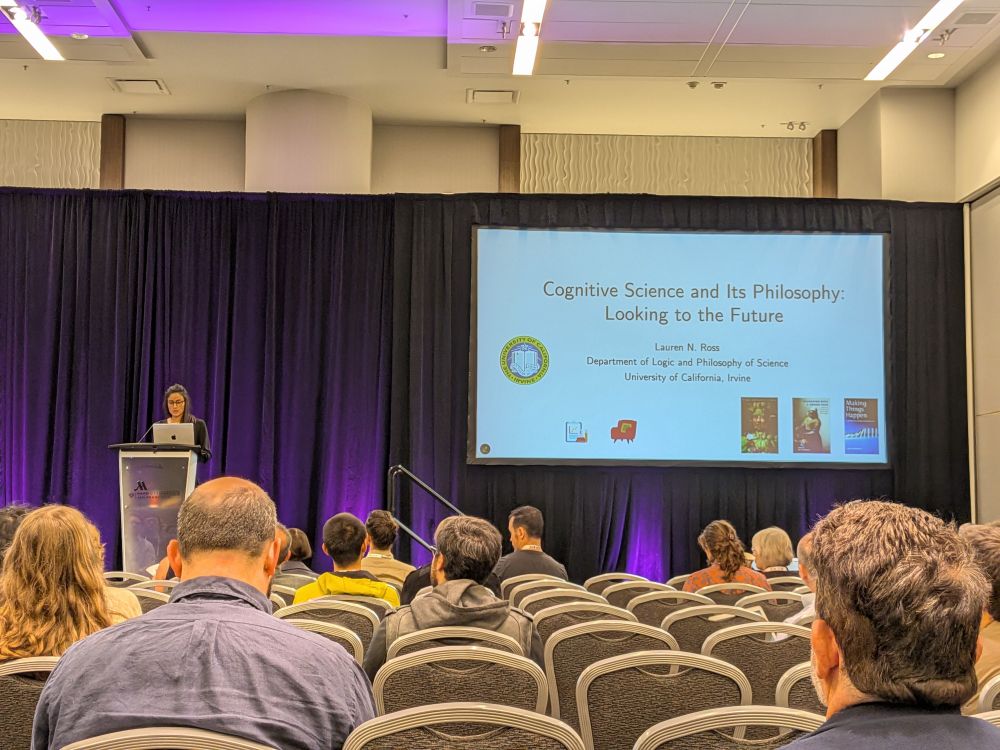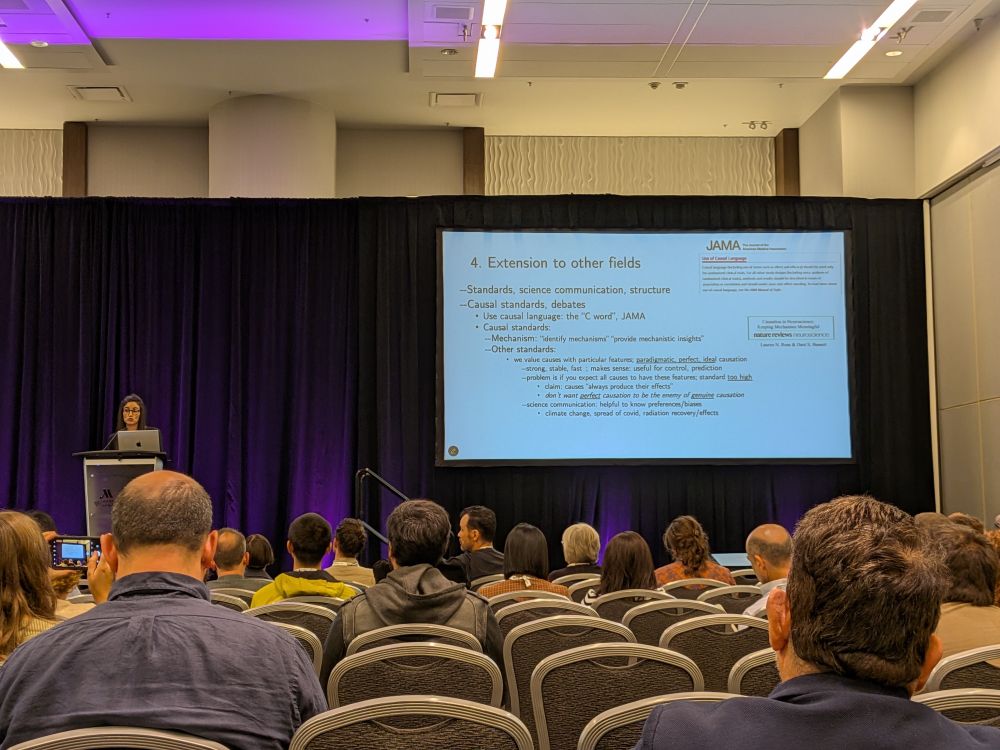
Reka Blazsek
@rekablazsek.bsky.social
420 followers
690 following
41 posts
Cognitive & social science by day (CEU @weareceu.bsky.social), piano also by day
🔸 ownership, norms, moral psychology, institutions
🔸 interdisciplinary science
🔸 economics & public policy
🎧 curates playlists at headphoneson.substack.com
Posts
Media
Videos
Starter Packs
Reposted by Reka Blazsek
Reka Blazsek
@rekablazsek.bsky.social
· Aug 8
Reka Blazsek
@rekablazsek.bsky.social
· Aug 7
Reposted by Reka Blazsek
Reposted by Reka Blazsek
Reka Blazsek
@rekablazsek.bsky.social
· Jul 3
Reka Blazsek
@rekablazsek.bsky.social
· Jun 4
Reka Blazsek
@rekablazsek.bsky.social
· May 31
Reposted by Reka Blazsek
Reka Blazsek
@rekablazsek.bsky.social
· Apr 17
Reposted by Reka Blazsek
Reposted by Reka Blazsek


















